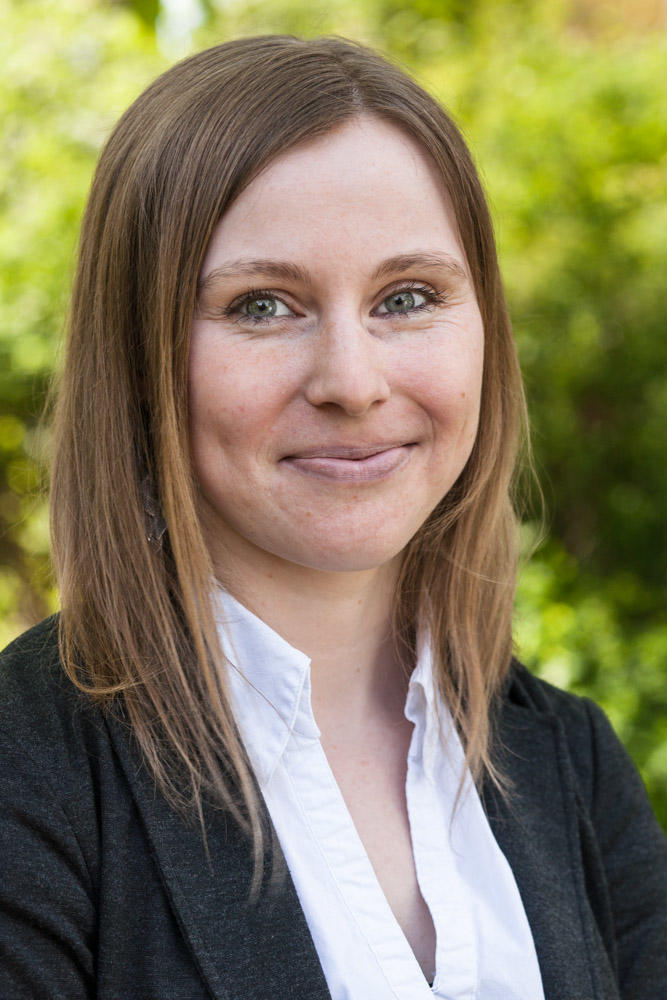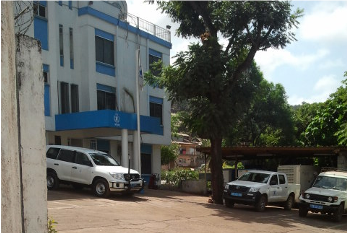International organizations as governance actors in West Africa
News from Aug 24, 2016
With its Sustainable Development Goals (SDGs), the United Nations has expressed a clear objective: to end hunger by the year 2030 (SDG2). This goal comes with the high expectation that international organizations (IOs) make a substantial contribution to food security. In areas of limited statehood, IOs are in this sense central governance actors; they provide this essential governance-good and implement projects meant to secure long-term food security. IOs are, however, confronted with a dilemma in this work. On the one hand, they need the (at least implicit) support of various actors to whom they are accountable (e.g. member-states and governance addressees). On the other hand, IOs maintain certain organizational values and guidelines for their work that also reflect what is expected of them.
How do IOs deal with these different expectations? To what extent do they adapt to local contexts? These questions posed by the project D8 - “‘Talk and Action’: How International Organizations React to Areas of Limited Statehood” were at the core of my research stay in West Africa. From January to March 2016, I spoke with employees from international organizations in Abidjan (Ivory Coast), Niamey (Niger), and Freetown (Sierra Leone).
In humanitarian emergencies, the decisive factor for IOs in the distribution of goods is the level of need of the governance-addressees. In accordance with organizational values and guidelines, IOs give goods to those who - according to their estimations - need them most (“needs-based approach”). This is how the Food and Agriculture Organization of the United Nations (FAO) had operated as part of an emergency project in Ivory Coast. In order to bolster agricultural production in the western part of the country, the organization distributed packages of seeds to small-scale farmers who had been previously identified as being particularly in need. The project’s evaluation showed, however, that the dispersion of the seeds continued within the community, after the FAO’s initial allotment. This implies that governance-recipients consider different criteria to be important.
In development-oriented contexts, different organizational values and guidelines show themselves in an exemplary way. In this sense, many IO projects in Niger have a gender component. Women are the preferred recipients of money (cash transfers), so that they might buy food for their families. Through this preference, the food security of families is supported, while the social position of women is strengthened. However, in parts of Niger, men are traditionally responsible for supplying food to the family, such that a project’s distribution mechanisms may collide with the expectations of the population on the ground.
That IOs and governments could have differing views on how projects should be designed is demonstrated in Sierra Leone. While IOs point to the determining factor of need, the government’s approach had been to cover all regions in the country equally, so that no region would feel overlooked or disadvantaged.
Whether in Ivory Coast, Niger, or Sierra Leone, IOs are confronted with diverging expectations. They apply different strategies to manage these differences - for example, by determining distribution criteria in a more transparent way or by incorporating local stakeholders more into the process. Yet managing diverging expectations in the daily work of an international organization – not to mention the big expectation of IOs to make a significant contribution to ending hunger - remains a balancing act.
 |
About the author: Angela Heucher is a research associate in the project D8 - ‘Talk and Action’: How International Organizations React to Areas of Limited Statehood. In the context of this project, she conducts case studies of international organizations in the field of food security in West Africa (Ivory Coast, Niger, and Sierra Leone). |



